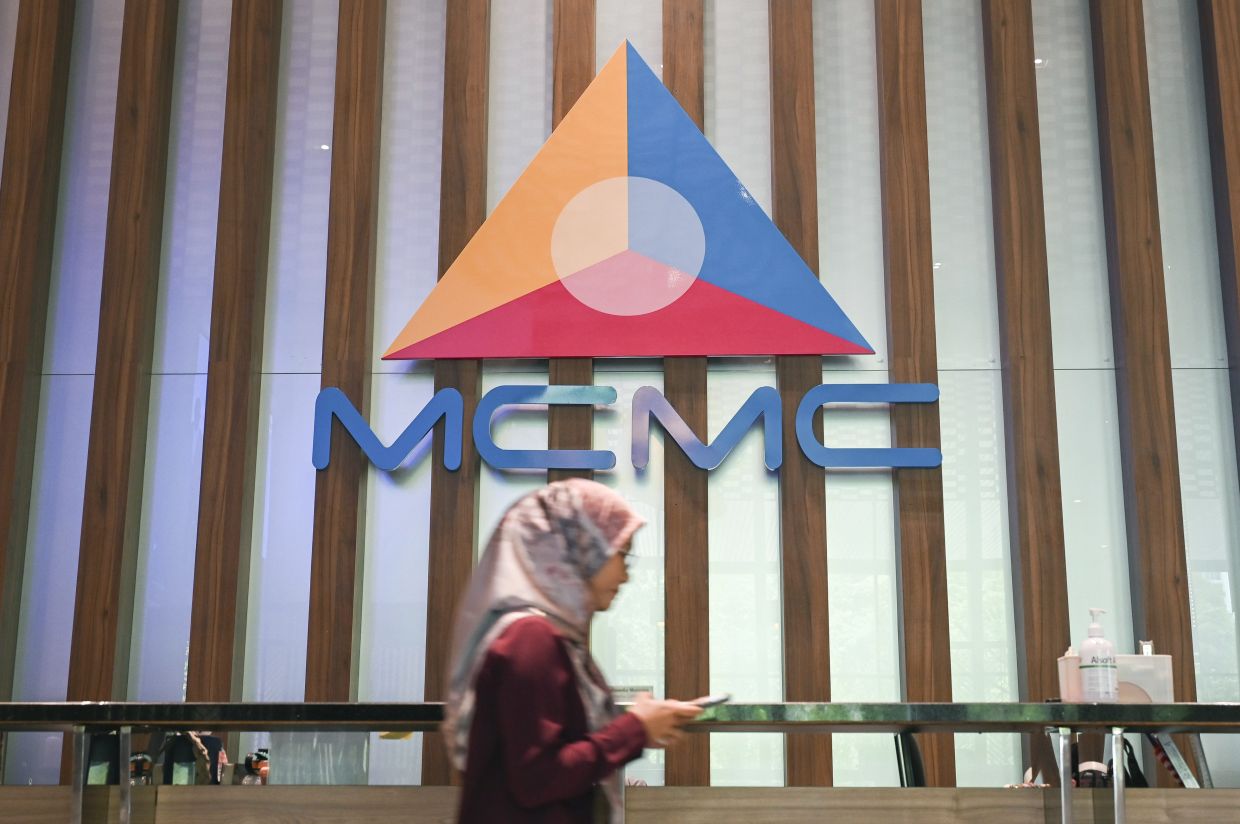KUALA LUMPUR: A staggering 2.1 billion suspicious calls and unsolicited SMS messages between 2022 and August 2025 were blocked by the authorities, says Datuk Fahmi Fadzil.
The Communications Minister said that the Malaysian Communications and Multimedia Commission (MCMC), is in collaboration with telecommunications service providers to combat online fraud.
He further highlighted that the MCMC, with the aid of social media providers, has taken down 112,734 fraudulent contents and blocked seven deceptive websites.
“These actions are in response to complaints received and are aligned with community guidelines and local laws,” he said in a written parliamentary reply.
He said this in response to Datuk Siti Aminah Aching (BN-Beaufort) who had asked the government to state its efforts in curbing online scams and the total number of websites taken down.
As part of efforts to curb misuse of communication channels, prohibitions on certain SMS content, specifically hyperlinks requesting personal information and callback numbers have been enforced since September 2024.
“We aim to protect users from exploitation by criminals who impersonate various entities,” said Fahmi.
On the legislative front, amendments to Section 233(1) of Act 588 now classify the dissemination of false content with fraudulent intent as a punishable offence, with fines of up to RM500,000 or imprisonment for up to two years, or both.
“Our legal framework is designed to deter such offences effectively,” he added.
To further promote online safety, the MCMC launched the Safe Internet Campaign on Jan 21, 2025.
He said this campaign will educate the public on digital security across 10,000 schools and higher education institutions.
Fahmi also said that from January 2025, Internet messaging and social media service providers must adhere to licensing requirements under Act 588, ensuring they obtain an Application Service Provider (ASP(C)) Class License.
Service providers are also encouraged to adopt the Code of Conduct for Internet Messaging and Social Media Service Providers, released by MCMC in December 2024, to “foster a safer online environment.”
In a comprehensive government approach, he added that the establishment of the National Scam Response Centre (NSRC), led by PDRM, serves as a central hub for fraud prevention.
“The NSRC is pivotal in our national strategy, not only serving as a one-stop action centre but also in driving public awareness programmes and national campaigns on digital crime,” Fahmi added.






